One fine morning President of the United States gives a statement “United States recognizes Jerusalem as the capital of Israel, and we plan to relocate US embassy to Jerusalem.”
Do you also wonder like me “Why?
What was the need of statement?
Why the name Jerusalem keeps featuring so frequently in Newspapers?
What is the controversy which engulfs Jerusalem and does that affects me?”
In order to answer these and more such questions we need to understand the history of Jerusalem and trace the path to modern day.
Jerusalem being one of the oldest cities, inhabited continuously since 2800 BC, enjoys the membership of ‘World Heritage Sites’ (awarded in 1981), but at the same time because of the surrounding controversies was pushed in the notorious list of ‘World Heritage in Danger’ as well.
The holy city of Jerusalem finds its name in the mentioned in two of the most renowned religious scriptures, Bible and Quran.
According to the Bible, King David conquered the city and established it as the united kingdom of Israel and King Solomon, son of King David, commissioned the building of the First Temple, which was destroyed by the Babylonians and Jews were exiled. It was only after the King Cyrus’s declaration that Jews were able to return and rebuild the temple, which is known as the Second Temple. New Testament also associates crucifixion of Jesus with the city of Jerusalem.
Whereas, as per Islam after Mecca and Medina, Jerusalem is the third holiest city and the first Qiblah (direction that should be faced when a Muslim prays during salah prayers) for muslims. Bible also mentions Prophet Muhammad made his night journey ascending to heaven where he speaks to god.
In the wake of such spiritual importance an old city of 0.9 sq Km area which is home to many sites of seminal religious importance of Jews, Christians and Muslims.
Modern day Jerusalem spans an area of 125 sq Km, and the history states it has been destroyed at least twice, besieged 23 times, attacked 52 times, and captured and recaptured 44 times. Thus, Jerusalem has seen many changes in regimes in its lifetime, the two most recent ones date back to 1948 and 1967.
In 1948, during the Arab-Israeli war Western Jerusalem was among the areas captured and later annexed by Israel while East Jerusalem, including the Old City, was captured and later annexed by Jordan.
In 1967 Jerusalem again faced the days of warfare. A six day war resulted in East Jerusalem being captured by Israel and being subsequently annexed into Jerusalem.
Later in 1980, Israel passed Jerusalem Law as part of the Israel’s basic laws declaring Jerusalem as country’s undivided capital. But, this law was not at all welcomed by the international community.
Some countries are suggesting the solution of shared capital by both the states, United Nations and International Court of Justice have been pressing for the two-state solution so as to provide with both the countries equal honour, but neither has been appreciated by Israel.
Now, the question arises if a city has been the bone of contention for so long and always had been in turmoil then, why all of a sudden it has come into prominence again? Why did Trump felt the urge of recognizing the city as capital of Israel, upending seven decades of US foreign policy?
Answer lies in the Trump’s style of working. By now, everyone around the world has realised Trump’s way is different from all political statesman who were at the helm before him. Donald Trump is not afraid of stirring up the hornet’s nest. And he did just that on December 6, 2017 with his statement on Jerusalem.
Meanwhile, it wasn’t welcomed at all by the International community and they did spring into action, even to the extent of holding a rare emergency special session of United Nations General Assembly at the request of Arab and Muslim states. The resolution put to table, US to withdraw its recognition of Jerusalem as the capital of Israel, was backed by the overwhelming majority of the members. Out of the 193 member countries 128 voted in the favour of resolution and only 9 members voted against the resolution, i.e. in support of US recognizing Jerusalem as capital of Israel. 35 nations abstained from voting whereas 21 member nations didn’t turn up for the vote.
Facing the humiliation of being opposed or criticised at such a forum, US Ambassador to the UN issued a direct threat of curbing the funding to the world body and reiterated that regardless of the vote US will put its embassy in Jerusalem.
Further it can be noted, Jerusalem houses all the branches of Israeli government including Knesset (Israel’s parliament), the residences of Prime Minister and President and the Supreme Court. However, no other nation has deployed its embassy in Jerusalem.
Meanwhile, the silver lining as per the economists all over the world is, the current furor concerning will have no negative (not even positive) impact on the region’s or world’s economy. This is because the entire region only factors in Oil and Gas production and supply, and the dependence on the region has somewhat reduced in the recent past.
Moreover, the major oil and gas producing countries has been maintaining an arm’s distance from the controversy so as to safeguard their own interests.







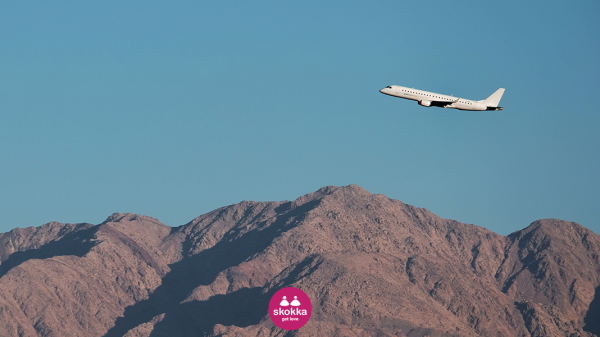



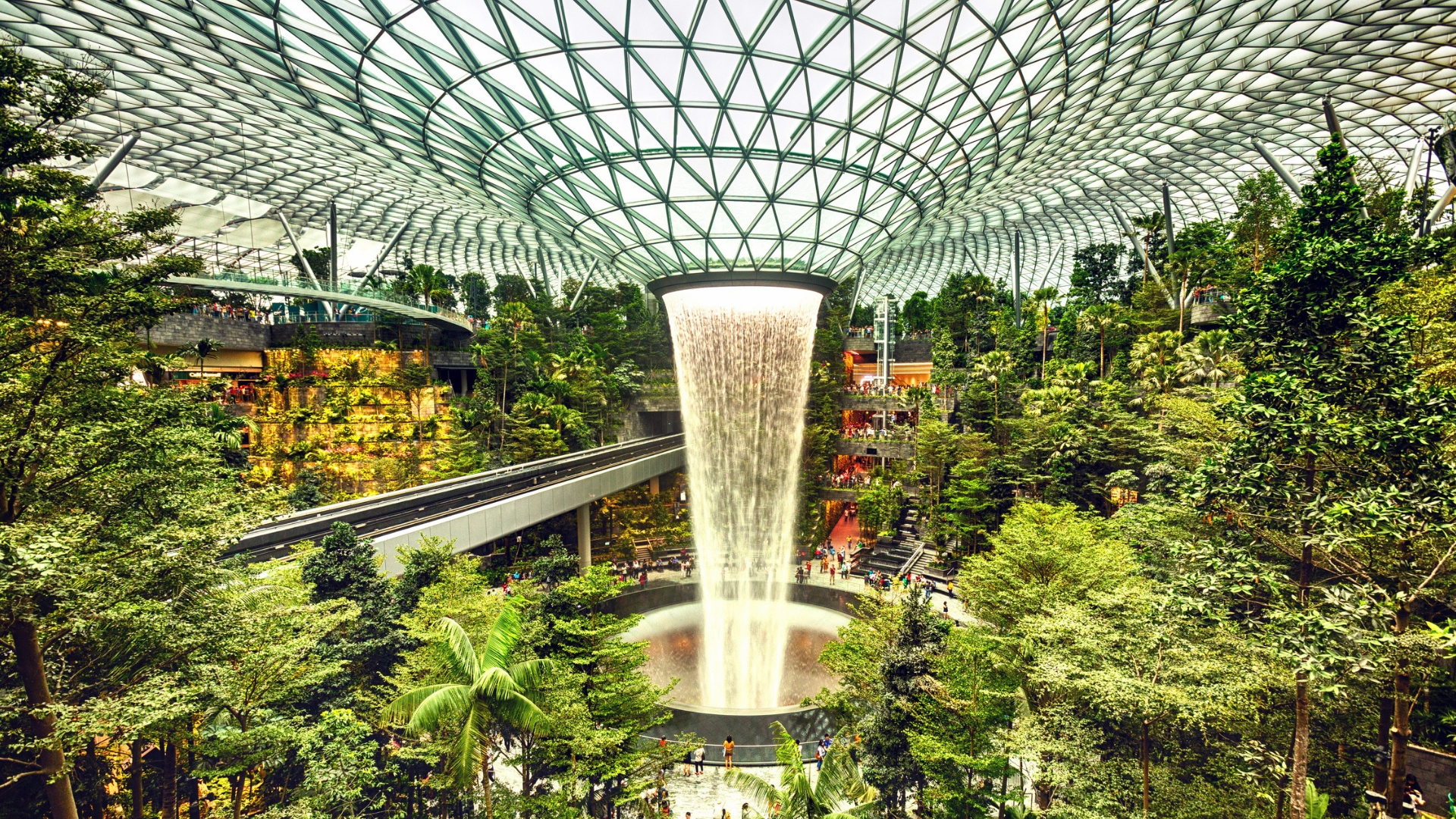












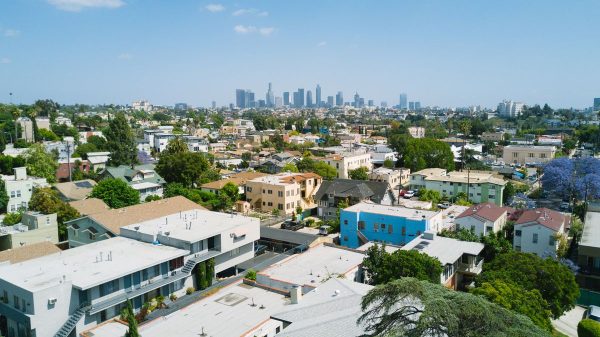

















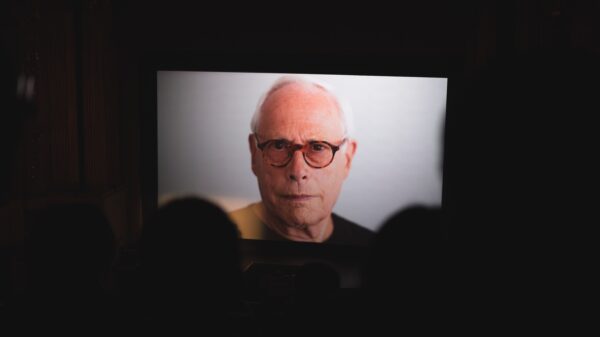






















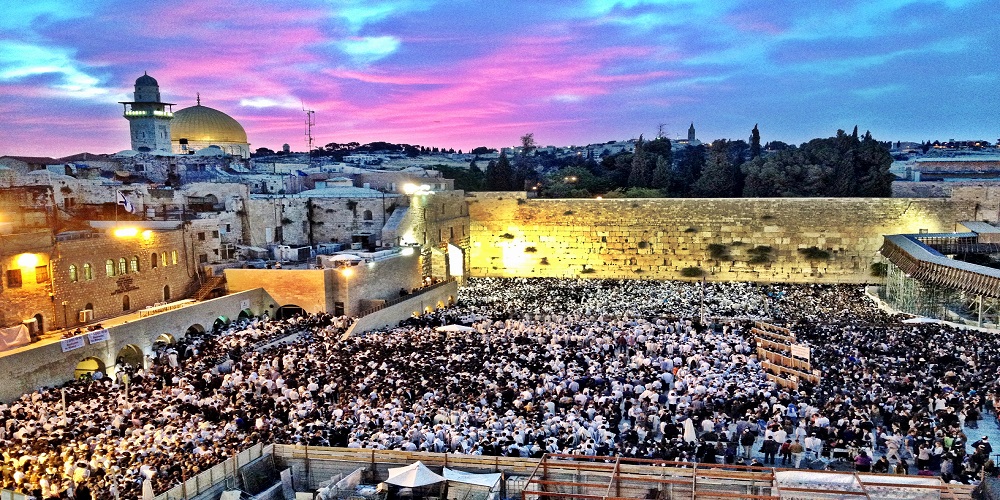







You must be logged in to post a comment Login